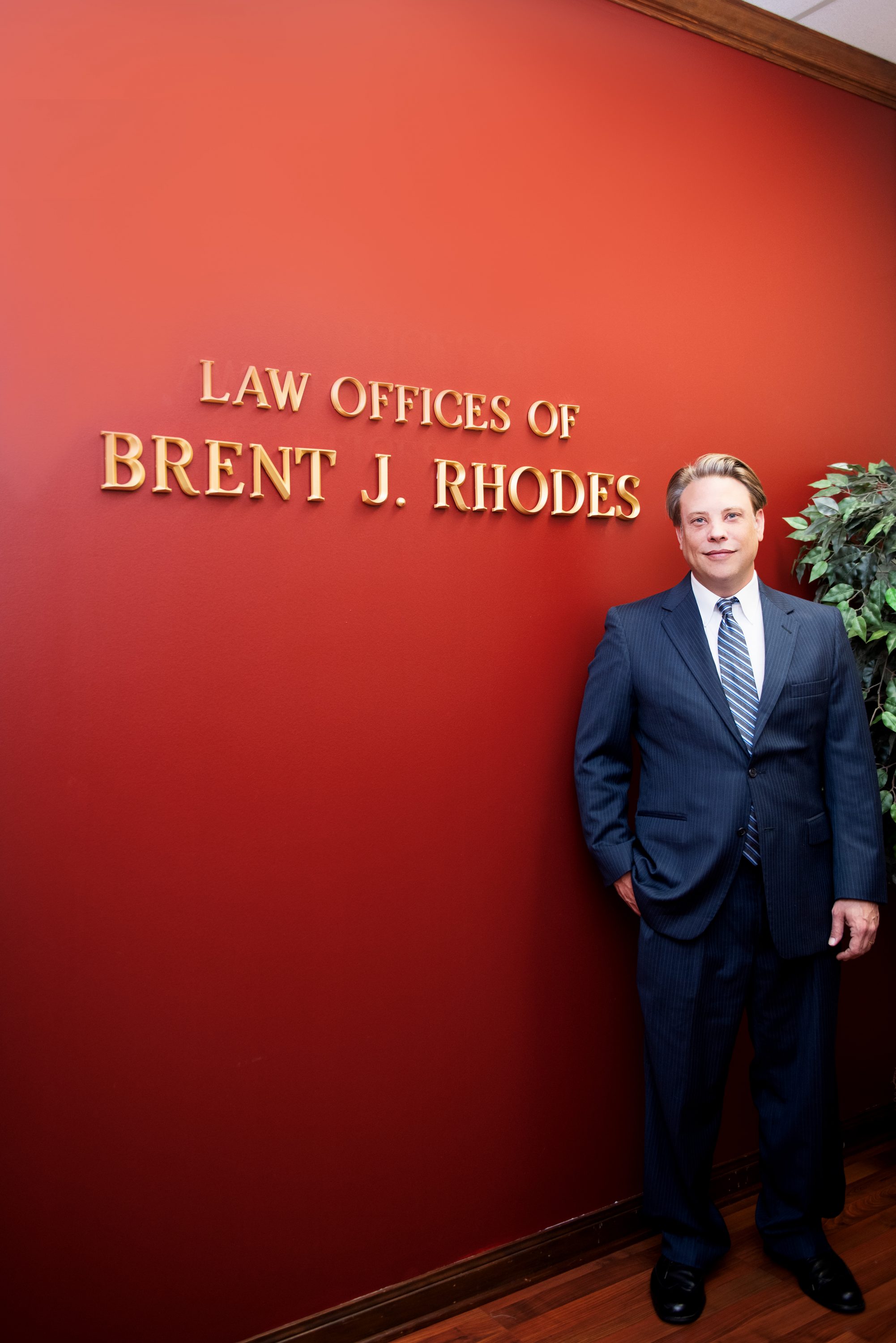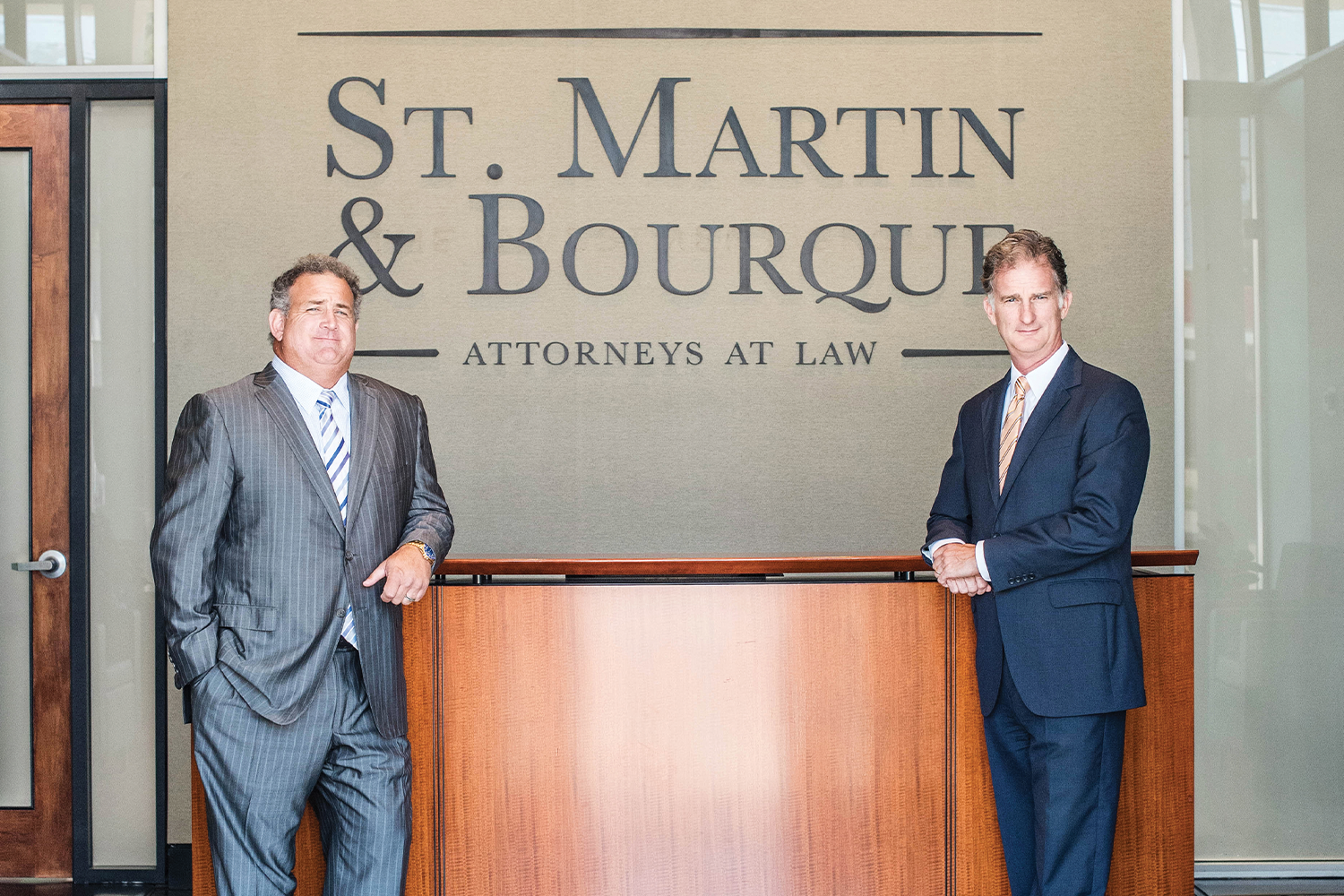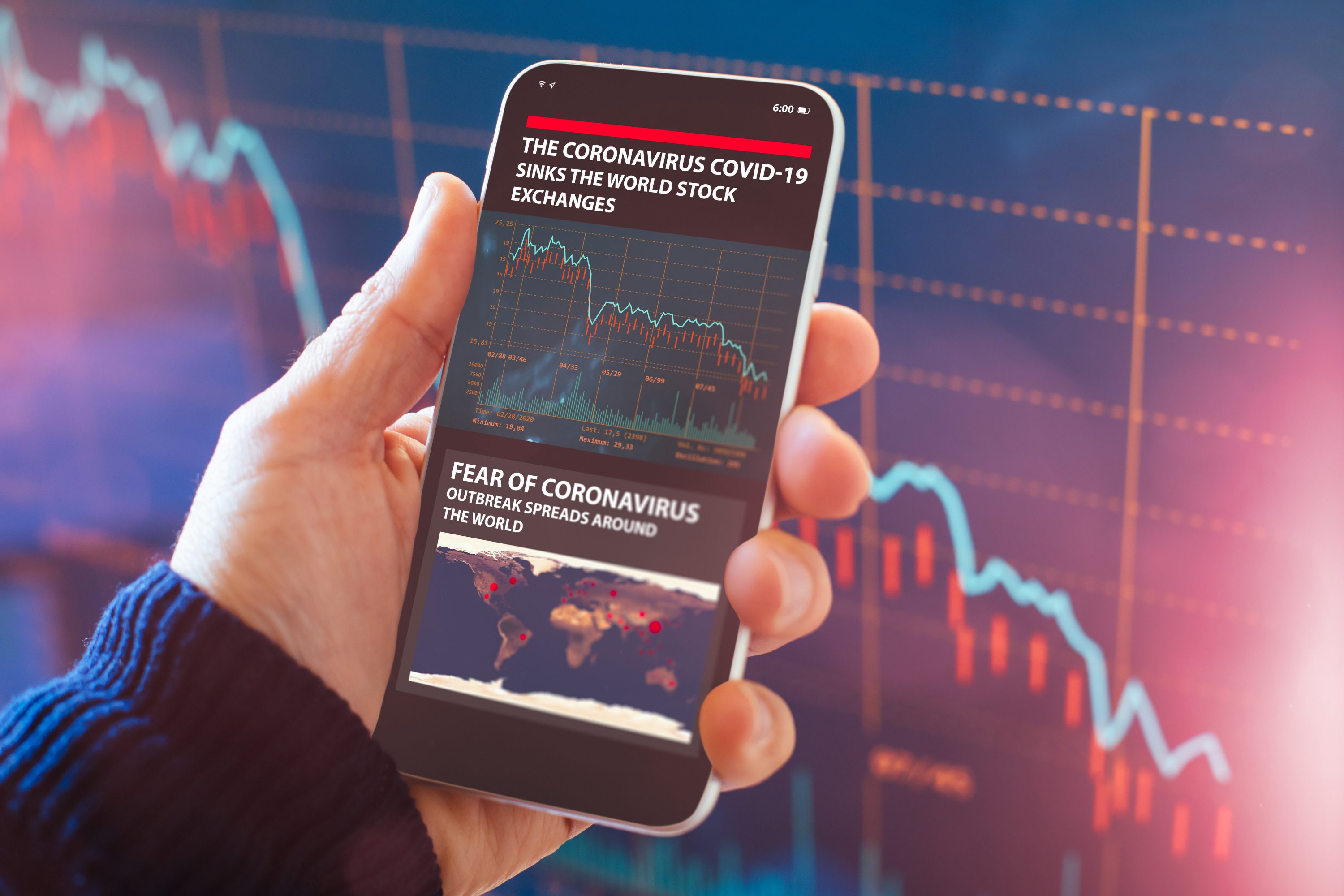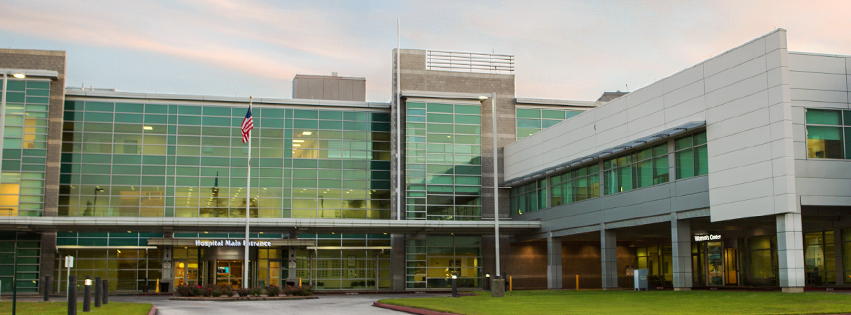
Legal Leaders | Brent Rhodes, Law Offices of Brent Rhodes
March 19, 2020
Legal Leaders | St. Martin & Bourque, Christopher St. Martin and Charles “Chuck” Bourque
March 19, 2020Figures are accurate as of press date, March 9, 2020. For up to date information, visit houmatimes.com.
The viral threat to the global market has affected stock values in a significant way. Houma’s downward trending economic woes are tied to a different problem.
The ever-present viral threat of Covid-19 continues to send ripples across the stock markets, and those ripples grew to tidal waves as Saudi Arabia and Russia began a trade war on March 8, 2020. Like a cypress facing the oncoming surge of a hurricane, Terrebonne Parish’s deep roots in the oil field leaves it caught in the crossfire as the collapsing oil prices halt our recovery.
The downward trend has been slow, but steady, and this weekend saw a sharp plunge leaving Brent Oil at $33.49 and WTI at $34.07 as of Monday, March 9, 10 a.m.
The transportation industries have been strangled by fears of Covid-19 and this has been causing a drop in the demand for oil. According to Dr. Loren Scott, economist, Opec Plus began negotiations with Russia to take more oil off the market in an attempt to stabilize prices. When Russia declined, the response was swift with oil prices losing as much as 25%.
“Looks like the Saudis said, ‘okay,… here’s what we’re going to do, we’re going to drive prices to the floor until we get you to come back to the table,” said Scott.
Houma has to hope Russia capitulates quickly, because this plunge in prices only accelerates a years long downward trend.
“Over [20]16, ‘17, ‘18, and ‘19, you guys lost 17.5% of your jobs – 17.5% drop in your employment is huge,” Scott explained.”That doesn’t happen.”
To put that into perspective, said Scott, “during the Great Recession, the national economy went through, in ‘08, the number of jobs lost was 6.1%.”
Instead of the stock market, Terrebonne residents’ number one concern should be the price of oil, said Scott. The price of oil had climbed to about $60 a barrel, he said, but since December has been back on a decline.
Exploration in the Gulf demands the higher price tag, said Scott.
Dr. Shari Lawrence, a professor of Finance at Nicholls State University, said she attended a conference just before Mardi Gras in Texas, and the outlook was grim.
“A guest speaker was talking about the oil industry and they don’t expect it to rebound for a couple of years,” she said. “They think it’s bottomed, they don’t think it will recover for a couple of years.”
Companies that service the oil and gas sector, explained Scott, will be watching the market trend of oil with trepidation. Fabricators who build for the oilfield were regaining confidence, but when the price began to fall recently, “now they’re getting this kick in the stomach with the price of the oil drop.”
“It was doing well, there were some very positive things happening in the Gulf and then you have this lick that’s a pretty substantial lick,” Scott said. “A $15 drop of the price of oil is going to make some of these companies table some projects until they see how bad it’s going to get.”
As to the stock markets as a whole, when values dip, people reduce spending. This tightening of the purse strings relaxes once people have their confidence restored.
Louisiana as a state is insulated from the worst of stock market blues, according to Scott, because when confidence falters, people stop buying durable goods. Louisiana has a small durable goods sector and as such, isn’t hit as hard as states which produce things like automobiles.
“They get hammered… mainly because of what they quit spending money on,” Scott said. “They quit spending on the very thing that made those states.”
Neither Scott or Lawrence expected the impact of the virus on the stock market to cause another recession. Lawrence said investors were looking for a correction and this dip was an emotional response.
When the stock market dips 10% or more, that is known as a correction.
The Federal Reserve has levers to avoid another recession, which is beneficial for businesses, explained Lawrence.
“If the Federal Reserve is concerned about us falling into a recession, they may lower interest rates, which is good news for businesses because it makes money cheaper,” she said.
This could incentivise oil companies to take on projects because it could make them more profitable.
Both said a rebound is to be expected because once this scare recedes and consumers regain their confidence, they will invest right back into the stocks.
“Where in the heck else can you put your money,” said Scott.
Lawrence had the same outlook.
“Just ride it out,” said Lawrence. “If you have some cash on the sidelines, this is a good time to be buying.” •











